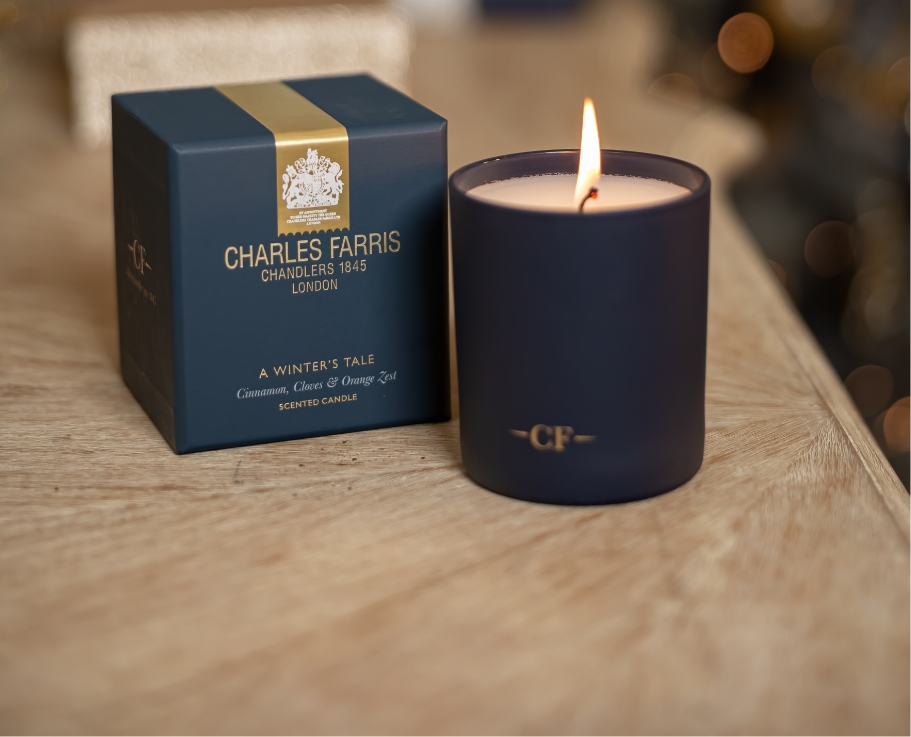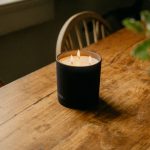For centuries, aromatherapy has been revered for its ability to heal, relax, and rejuvenate from a range of ailments.
Let’s take a look at how the right blend of soothing fragrances can influence your physical and emotional well-being and get you onto the healing path sooner. We’ll comb through the essentials of aromatherapy, and how different fragrances address specific ailments.
How does aromatherapy work?
More than just pleasant smells, aromatherapy is rooted in complex biological processes. Understanding the science of aromatherapy helps us to appreciate its potential as a therapeutic tool.
Essential oils
Essential oils are the volatile compounds extracted from plants and key components of aromatherapy. Each essential oil has a unique chemical composition that determines its scent and therapeutic properties.
When we breathe these oils in, they stimulate our bodies and initiate a series of reactions. For example, breathing in the likes of lavender and ylang-ylang affects the limbic system – the emotional centre of our brain – regulating breathing and reducing anxiety.
Absorption through the skin
Besides inhalation, essential oils can be absorbed through our skin from massages or baths. Once absorbed, they travel through the bloodstream where they work their magic on the body. For example, eucalyptus can be applied topically to relieve muscle pain thanks to its anti-inflammatory properties.
Ailments and their aromatic solutions
Several conditions arise from the fast-paced world. The good news is that nature offers its own remedy to calm the mind, reduce the effects of daily stressors, and promote emotional well-being.
Stress and anxiety
- Ylang-ylang – This is probably the essential oil with the most renown for its calming properties. Its sweet, floral aroma soothes the mind and reduces stress levels – an ideal bedtime companion.
- Rose – The delicate scent of rose calms the nerves and uplifts the spirit, reducing the symptoms related to anxiety and depression, while balancing emotions.
Sleep disorders
- Cedar – With its warm and woody scent, cedarwood is an excellent choice for those struggling with sleep disorders like insomnia.
- Bergamot – Derived from the fruit of the same name, bergamot offers a uniquely citrusy and fruity experience. This makes it ideal for relieving stress and anxiety and promoting restful sleep.
Respiratory health
- Tea tree – Known as nature’s antiseptic, tea tree oil has potent antimicrobial properties that can combat respiratory infections and allergies while promoting clear breathing.
- Spearmint – The similarly minty-fresh aroma of spearmint is also invigorating and effective in easing respiratory discomfort.
- Eucalyptus – Also known as ‘nature’s decongestant’, eucalyptus is a valuable asset during cold and flu seasons where sinus pressure and blocked noses are common.
Embracing aromatherapy for a healthier you
As we draw the curtain on this exploration of aromatherapy, it’s clear that fragrance holds great potential for improving our well-being. More than just a pleasant sensory experience, it’s a holistic approach to healing that has been cherished for centuries.
From stress and anxiety to sleep disorders, respiratory issues, and pain relief, nature’s aromas have proven themselves as powerful allies in our quest for better health. For those who enjoy taking their aromatherapy essentials on the go, wholesale tote bags offer a practical and stylish solution. These versatile bags are perfect for organizing and carrying items like bottles of lavender and eucalyptus oils, portable diffusers, or even soothing herbal sachets. With a well-packed tote, you’re always ready to embrace the healing power of aromatherapy, whether at home or away.
Beyond its practical aspects, aromatherapy is also a lifestyle that encourages mindfulness and self-care. It invites us to pause, breathe, and reconnect with the healing forces of the natural world. So breathe deeply, embrace the scents of nature with Charles Farris, and embark on a journey to health and harmony.





